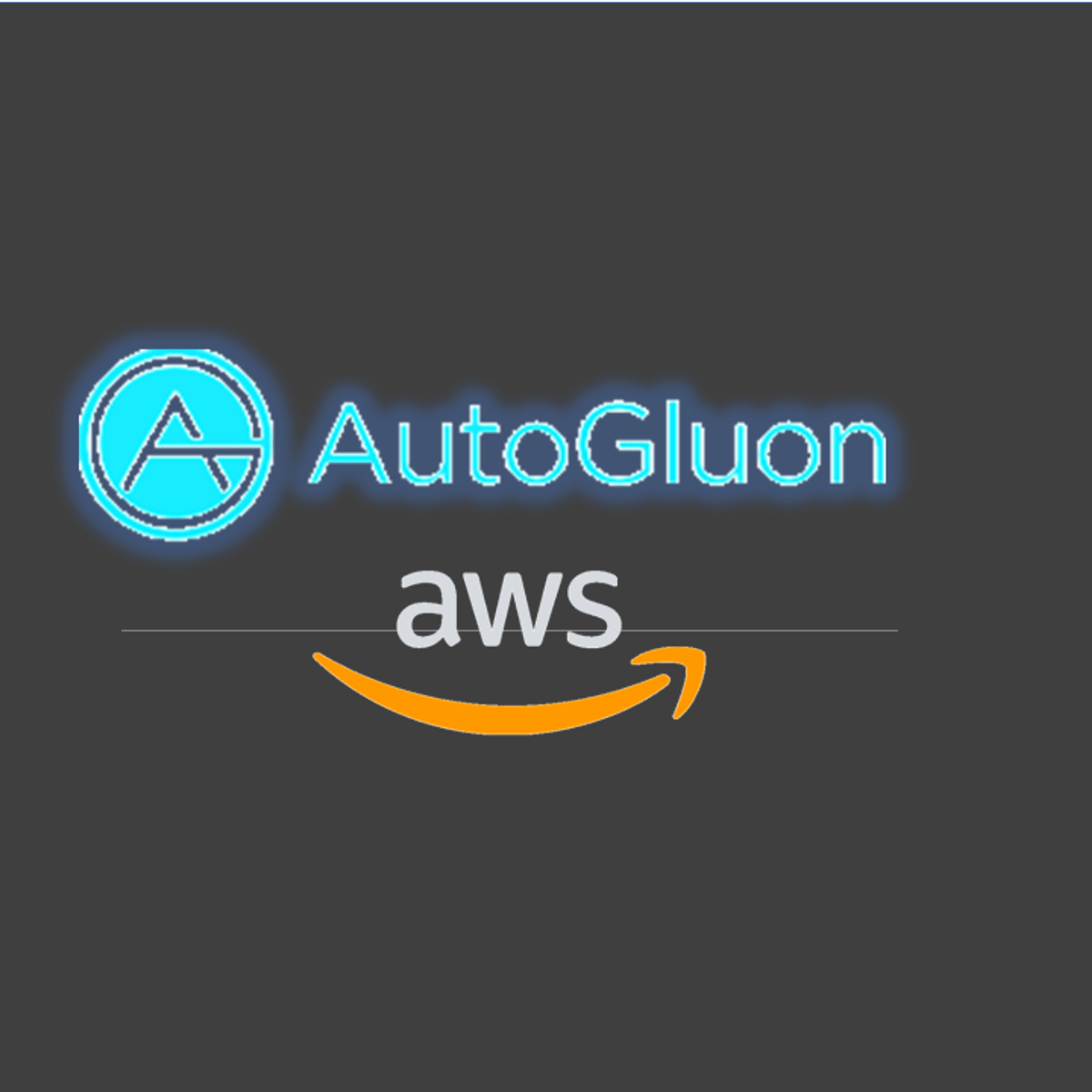
Hello everyone and welcome to this new hands-on project on image classification with Amazon Web Services (AWS) AutoGluon. In this project, we will train several deep neural networks models to classify images using a powerful library known as AutoGluon. AutoGluon is the library behind AWS SageMaker autopilot and it allows for quick prototyping of several powerful models using a few lines of code.
What's inside
Syllabus
Good to know
Save this course
Activities
Review fundamental concepts of deep learning
Show steps
Sharpen your understanding of the underlying principles of deep learning, which are essential for success in this course.
Show steps
-
Go over lecture notes or online resources on deep learning concepts.
-
Review mathematical equations and algorithms behind deep learning models.
-
Complete practice exercises to test your comprehension.
Explore AutoGluon documentation and tutorials
Show steps
Familiarize yourself with AutoGluon's capabilities and best practices for image classification tasks.
Browse courses on
AutoGluon
Show steps
-
Visit the official AutoGluon website and documentation.
-
Explore tutorials and examples specific to image classification.
-
Review code snippets and experiment with different parameters.
Join a study group for image classification
Show steps
Engage with peers, exchange ideas, and collectively reinforce your understanding of image classification concepts.
Show steps
-
Find or create a study group consisting of other learners interested in image classification.
-
Set regular meeting times and discuss course materials.
-
Work together on practice exercises and projects.
Three other activities
Expand to see all activities and additional details
Show all six activities
Train multiple deep learning models
Show steps
Gain hands-on experience in training and evaluating different deep neural network models for image classification.
Browse courses on
Neural Networks
Show steps
-
Create a training and validation dataset for image classification.
-
Import necessary libraries and prepare the data for training.
-
Train multiple deep neural network models using AutoGluon.
-
Evaluate the performance of trained models and compare their results.
Develop an image classification web application
Show steps
Apply your knowledge by building a complete image classification application that can be deployed and used in real-world scenarios.
Show steps
-
Design the architecture of the web application.
-
Integrate a trained deep learning model into the application.
-
Create a user interface for image upload and classification.
-
Deploy the application to a hosting platform.
Contribute to AutoGluon project on GitHub
Show steps
Contribute to the development of AutoGluon and gain experience in open-source collaboration.
Browse courses on
AutoGluon
Show steps
-
Identify an area where you can contribute.
-
Fork the AutoGluon repository and make changes.
-
Submit a pull request with your contributions.
-
Review feedback and make necessary revisions.
Review fundamental concepts of deep learning
Show steps
Sharpen your understanding of the underlying principles of deep learning, which are essential for success in this course.
Show steps
- Go over lecture notes or online resources on deep learning concepts.
- Review mathematical equations and algorithms behind deep learning models.
- Complete practice exercises to test your comprehension.
Explore AutoGluon documentation and tutorials
Show steps
Familiarize yourself with AutoGluon's capabilities and best practices for image classification tasks.
Browse courses on
AutoGluon
Show steps
- Visit the official AutoGluon website and documentation.
- Explore tutorials and examples specific to image classification.
- Review code snippets and experiment with different parameters.
Join a study group for image classification
Show steps
Engage with peers, exchange ideas, and collectively reinforce your understanding of image classification concepts.
Show steps
- Find or create a study group consisting of other learners interested in image classification.
- Set regular meeting times and discuss course materials.
- Work together on practice exercises and projects.
Train multiple deep learning models
Show steps
Gain hands-on experience in training and evaluating different deep neural network models for image classification.
Browse courses on
Neural Networks
Show steps
- Create a training and validation dataset for image classification.
- Import necessary libraries and prepare the data for training.
- Train multiple deep neural network models using AutoGluon.
- Evaluate the performance of trained models and compare their results.
Develop an image classification web application
Show steps
Apply your knowledge by building a complete image classification application that can be deployed and used in real-world scenarios.
Show steps
- Design the architecture of the web application.
- Integrate a trained deep learning model into the application.
- Create a user interface for image upload and classification.
- Deploy the application to a hosting platform.
Contribute to AutoGluon project on GitHub
Show steps
Contribute to the development of AutoGluon and gain experience in open-source collaboration.
Browse courses on
AutoGluon
Show steps
- Identify an area where you can contribute.
- Fork the AutoGluon repository and make changes.
- Submit a pull request with your contributions.
- Review feedback and make necessary revisions.
Career center
Data Scientist
Machine Learning Engineer
Computer Vision Engineer
Artificial Intelligence Engineer
Deep Learning Engineer
Data Analyst
Software Engineer
Business Analyst
Product Manager
Marketing Manager
Sales Manager
Customer Success Manager
Technical Writer
User Experience Designer
Reading list
Share
Similar courses
OpenCourser helps millions of learners each year. People visit us to learn workspace skills, ace their exams, and nurture their curiosity.
Our extensive catalog contains over 50,000 courses and twice as many books. Browse by search, by topic, or even by career interests. We'll match you to the right resources quickly.
Find this site helpful? Tell a friend about us.
We're supported by our community of learners. When you purchase or subscribe to courses and programs or purchase books, we may earn a commission from our partners.
Your purchases help us maintain our catalog and keep our servers humming without ads.
Thank you for supporting OpenCourser.



